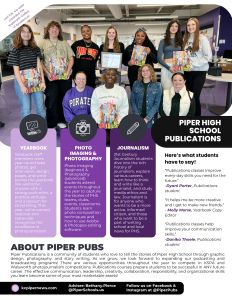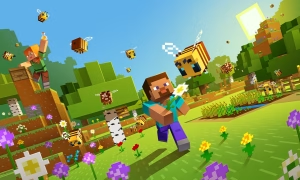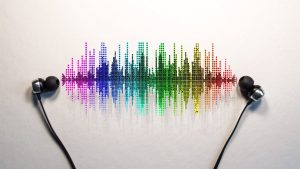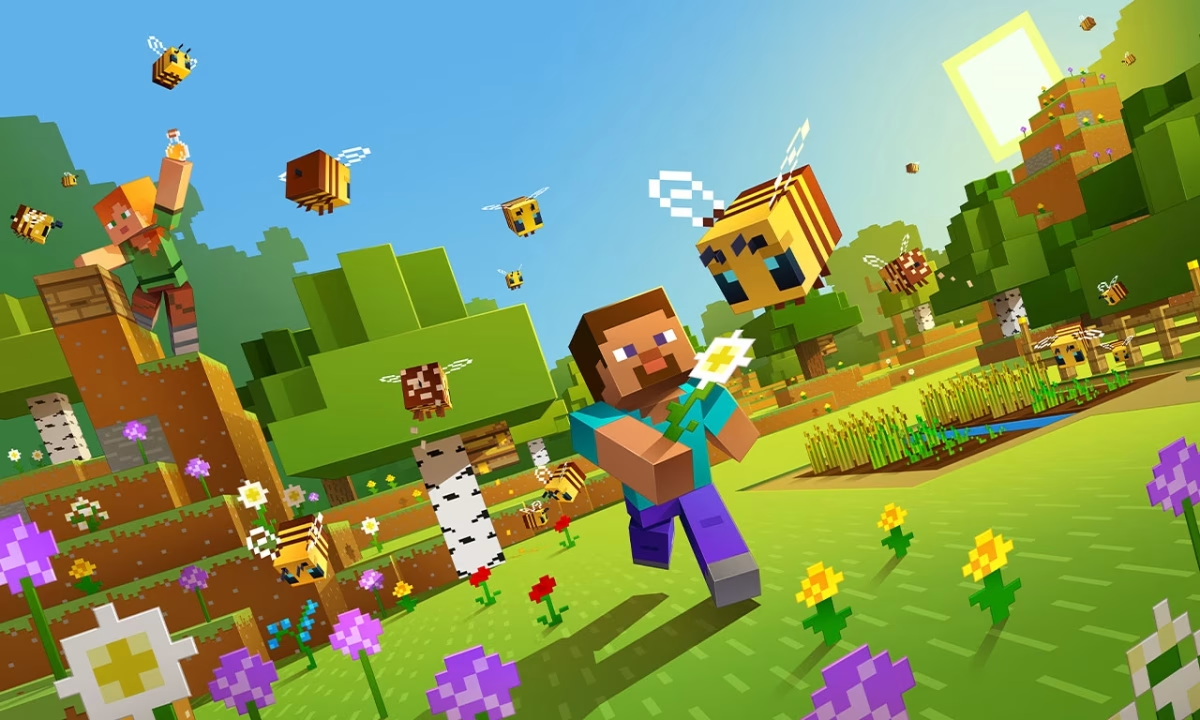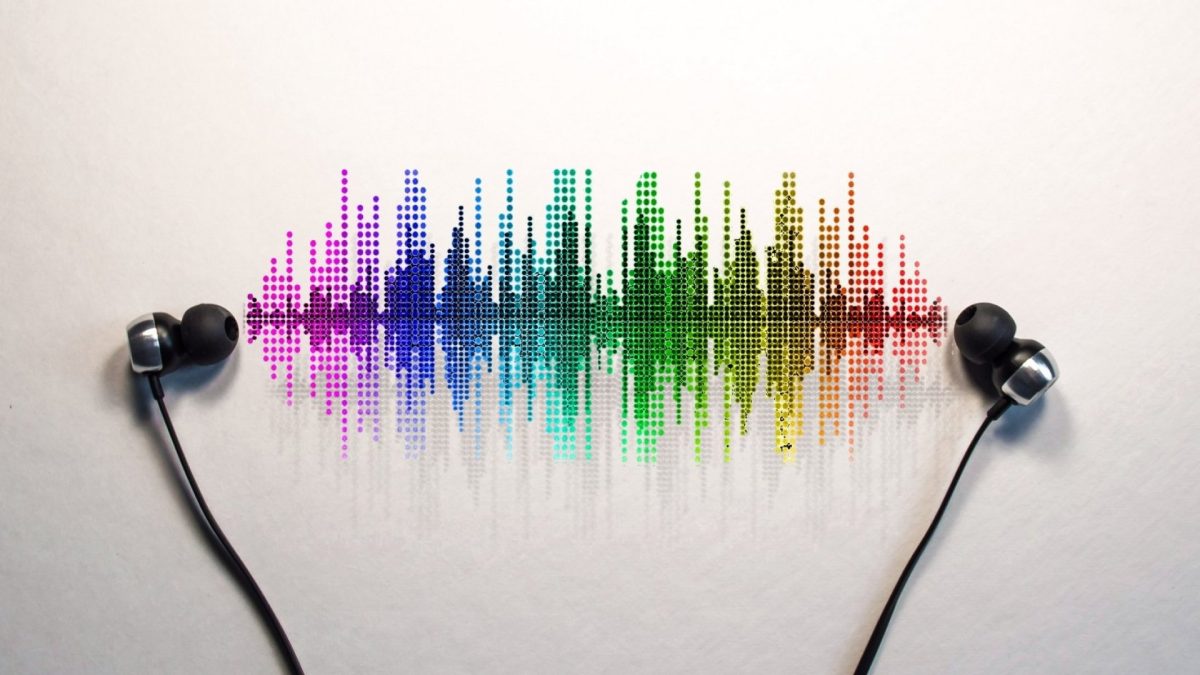We can see that the internet has had a positive effect on the older generations like the millennials but is it the same effect for the younger or upcoming generations? Since the internet there has been an uprising in bullying, especially online bullying, between the 2010’s and 2020’s.
“A study looked at data on more than 12,000 teens in England between the ages of 13 to 16,” said Mayo Foundation for Medical Education and Research. (2024, January 18). “The researchers found that using social media more than three times a day predicted poor mental health and well-being in teens.”
Many kids don’t fully think through things before they do things. This can cause a lot of issues on the internet like posting or saying things about people that you might not say to them in person. It is easier to hide behind a screen and say things about people than it is to say it to their face.
“With the teenage brain, it’s common to make a choice before thinking it through,” said Mayo Foundation. “So, teens might post something when they’re angry or upset, and regret it later. That’s known as stress posting.”
Even though the internet has affected our younger generations in a bad way, there are also some good ways that the internet has made daily life easier.
“I don’t think the internet has affected me that much in a bad way,” said my sister Zoey Ayala. “It helps me talk to my friends and plan sleepovers.”
There have been multiple tests done to see how the younger generations feel about social media and the internet. Even if some have said they affect teenagers in a bad way there has also been some saying how it affects them in positive ways too.
“More than 50 percent of all groups cited self-expression and social connectivity as positives from social media,” said Coe, E., Doy, A., Enomoto, K., & Healy, C. (2023, April 28). People have reported that they have seemed to become closer with others because of the internet and have seemed to have improved mental health as well because it is easier to communicate with their friends and make plans to hangout with them.
“There are also signs that technology provides access to supportive mental health resources for younger people,” said Coe, E., Doy, A., Enomoto, K., & Healy, C. (2023, April 28). “Thirty-four percent of Gen Z respondents who use digital mental health programs and apps say they found them on their own and that they helped them improve their mental health.”
